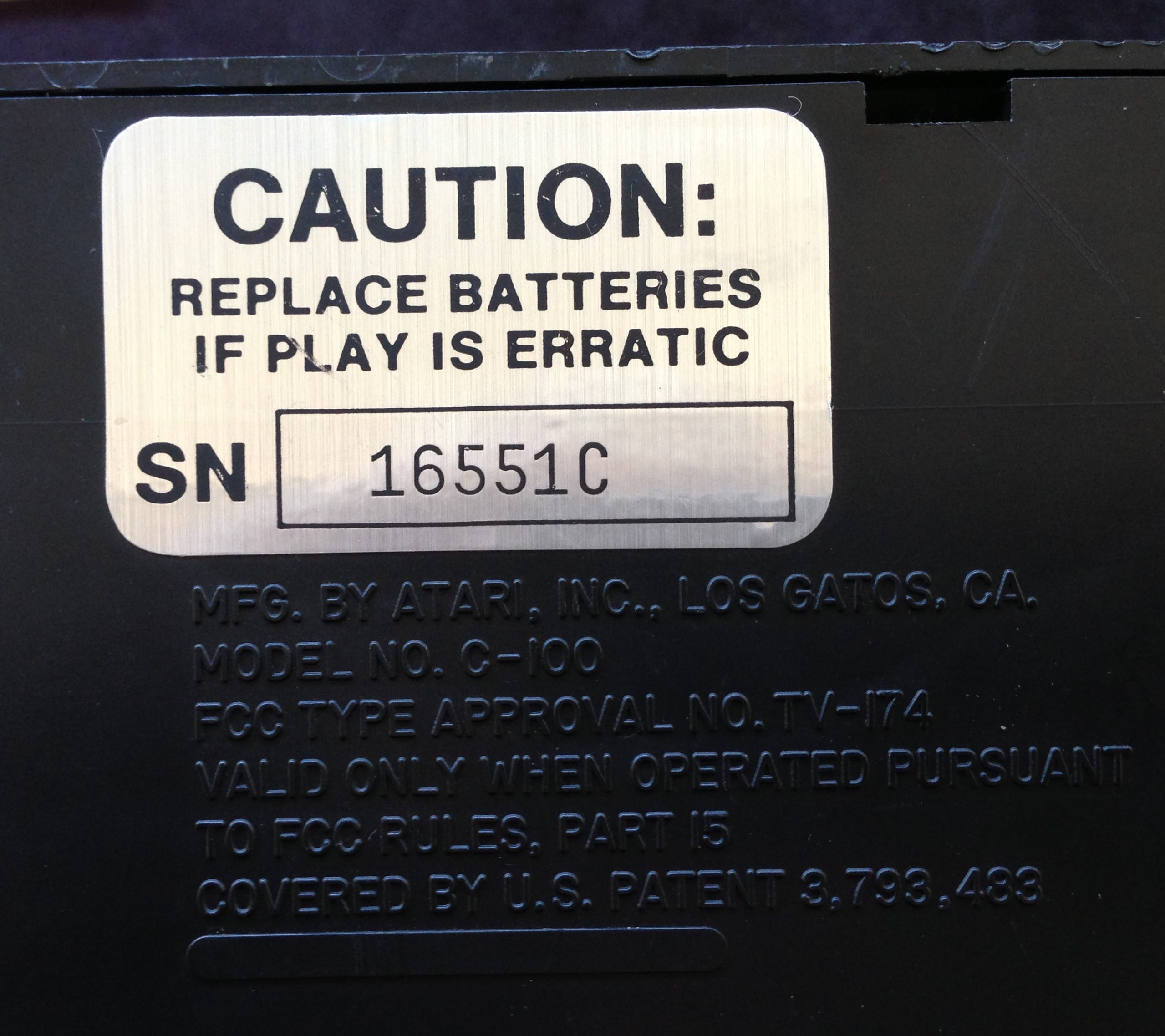Stamped on the bottom of some early Atari Pong video game consoles is the phrase, “Replace batteries if play is erratic.” Although we associate the word “erratic” with malfunction or unpredictability, erratic in its Latin root means “to wander.”
Which is what Erratic Play is about: playful wandering through the visual media forms that inhabit the world—and, in turn, posit new worlds to inhabit. But embracing playfulness has its hazards. Play is woefully misunderstood by the culture at large (at least in the U.S.), and is often misconstrued as “not serious” or “trivial.” Some with various, well-intentioned agendas attempt to rehabilitate play as social health food (visual media as pedagogical lecture or model), or to distinguish between “low” and “high” media objects based on rather cosmetic criteria (e.g., valuing only “serious” narratives and subject matter in video games).
These paths have their destinations, but my wanderings lean toward visual media first as autotelic forms—as creative objects with purposes in and of themselves. Going to the movies, watching television, interacting with video games, posting videos to YouTube… whatever extrinsic necessity or other use-value such forms may satisfy (or not), they are also intrinsically satisfying; pleasure is the primary product of human experience with visual media. Working through the experiential nuances of visual media pleasure (its manifestations, contradictions, and absences)—especially in an age saturated with screens—constitutes invaluable play for anyone interested in thinking about the media they consume.
Wandering in an ever-widening orbit, my interests also explore what these experiences of various media forms reveal about the technologies, creators (industrial or individual), histories, and cultures that invent and inform them. Contrary to ahistorical, reductive analyses that seek to “close down” (instead of “open up”) media objects, responsible investigations revisit—and re-play—their observations and conclusions. In scholastic parlance, my research frameworks are informed by media archeology, phenomenology, and industrio-cultural analysis. That is to say, I’m interested in the object itself, the current human experience of the object, and the object’s relationship to various histories of creation and reception. Such frameworks are dynamic, and the knowledge derived from their application is necessarily provisional and conditional (most knowledge is). So too, therefore, are the posts and articles presented here. Consider them play in progress.
The name Erratic Play, then, reflects both means and ends—to playfully wander, unpredictably but purposefully, through the landscape of playful visual media. And, sometimes, to stop and replace the batteries.
—David O’Grady
About the author

